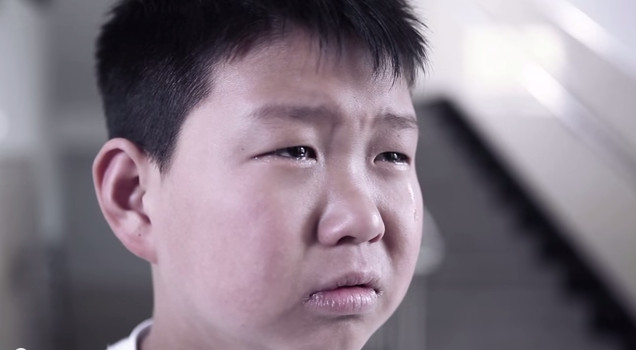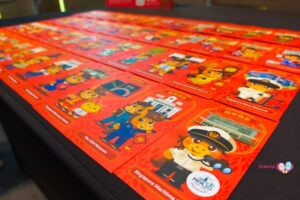It’s not always easy to say ‘no’ to our children. How do we set clear expectations to help children understand our choices for them?

Austrian psychologist Alfred Adler studied the effects of different parenting methods on children and society in the early 20th century. He concluded that when adults continuously respond negatively to a child’s requests, with no follow-up explanations, the child is likely to develop an inferiority complex.
Conversely, repeatedly giving in to a child’s demands is likely to result in an inflated sense of superiority. Both complexes, in Adler’s opinion, are ‘compensation strategies’ – behaviours that enable children to cope – but at a cost, since they have the potential to damage cognitive, mental and emotional development.
So what is a happy medium? It’s not always easy to say no and it is hard not to cave in to endless demands for that bar of chocolate or a new toy, especially when the anticipated outcome is a tantrum in the middle of a busy mall. No parent relishes knowing their child feels sad or disappointed. Sometimes saying “yes” is far less stressful.
But if we don’t allow our children to face challenges or take responsibility, feel disappointed and experience failure from time to time, we rob them of vital learning opportunities. We prohibit their ability to think, feel and choose independently and, to learn gratitude or empathy. So how do we guide our children to ensure their physical and emotional well-being whilst avoiding, as the saying goes, ‘making a rod for one’s own back’?
Setting clear expectations
There are times when we have to stop our children in their tracks. If we foresee harm to them or a younger sibling they are about to hit, or when the cat’s tail has been pulled one too many times.
Young children act up because they feel frustrated, they don’t understand expectations, and they are still learning to manage their feelings. Growing up is tough sometimes and children do need to learn appropriate behaviour. They can’t always get what they want when they want it and it’s far better they learn this when young. It’s a learning curve for parents too!
Our role is to love, guide and protect our children. We cannot teach them how to feel but we can set limits and clear expectations that help them understand appropriate behaviour in different situations, allowing them the freedom to express themselves as they choose, even if this leads them to struggle or make mistakes. But when parents rush in shrieking, “No! Don’t do that!” or “No! You can’t!” – what happens next?
Consider the language you use to ‘stop’ or ‘prevent’ an action? Does it help your child learn positively? Does it help them build confidence and self-esteem? Or is it based on your own fears, prejudices and desire to control? Persistently negative language can desensitise your child, which may lead to resentment and rebellion when older.
If we really want to convince our children about something, we must show them we care.
We must listen to their point of view. As Richard Bromfield, Ph.D., author of How To Unspoil Your Child Fast? writes, ‘The most powerful and natural motivator will be the reward of having her words, feelings, or requests heard and responded to.”
⇒ Related Read: How to Ensure Our Children Are Not Spoilt
Using a different kind of ‘No’
‘No’ does not have to be a negative reaction, providing it is reinforced with an explanation and used respectfully. But why not try to find alternative words and non-verbal communications instead? A concerned facial expression followed by an explanation that states how you feel as a result of your child’s behaviour: “I love you – but when you do that I don’t like it. It makes me feel sad!” Or try using dynamic words that are more descriptive than ‘no’, such as ‘hot’ ‘sharp’ or simply ‘stop’.
Making your expectations known
If you want your child to understand your expectations of their behaviour in any given situation, you have to be clear about what those expectations are beforehand. A young child’s understanding is limited so establish clear and realistic boundaries. Prepare your child before entering a situation, accepting that they may well forget, by explaining what things are for and not for, or who they belong to.
Help set your child up for success, and remember, always praise and reward respectful behaviour afterwards. A cuddle and a tickle go down well too!
By Fiona Walker, Principal of Schools and CEO of Julia Gabriel Education.
This article was first published in The New Age Parents e-magazine.
* * * * *
Like what you see here? Get parenting tips and stories straight to your inbox! Join our mailing list here.
Want to be heard and seen by over 100,000 parents in Singapore? We can help! Leave your contact here and we’ll be in touch.





















































